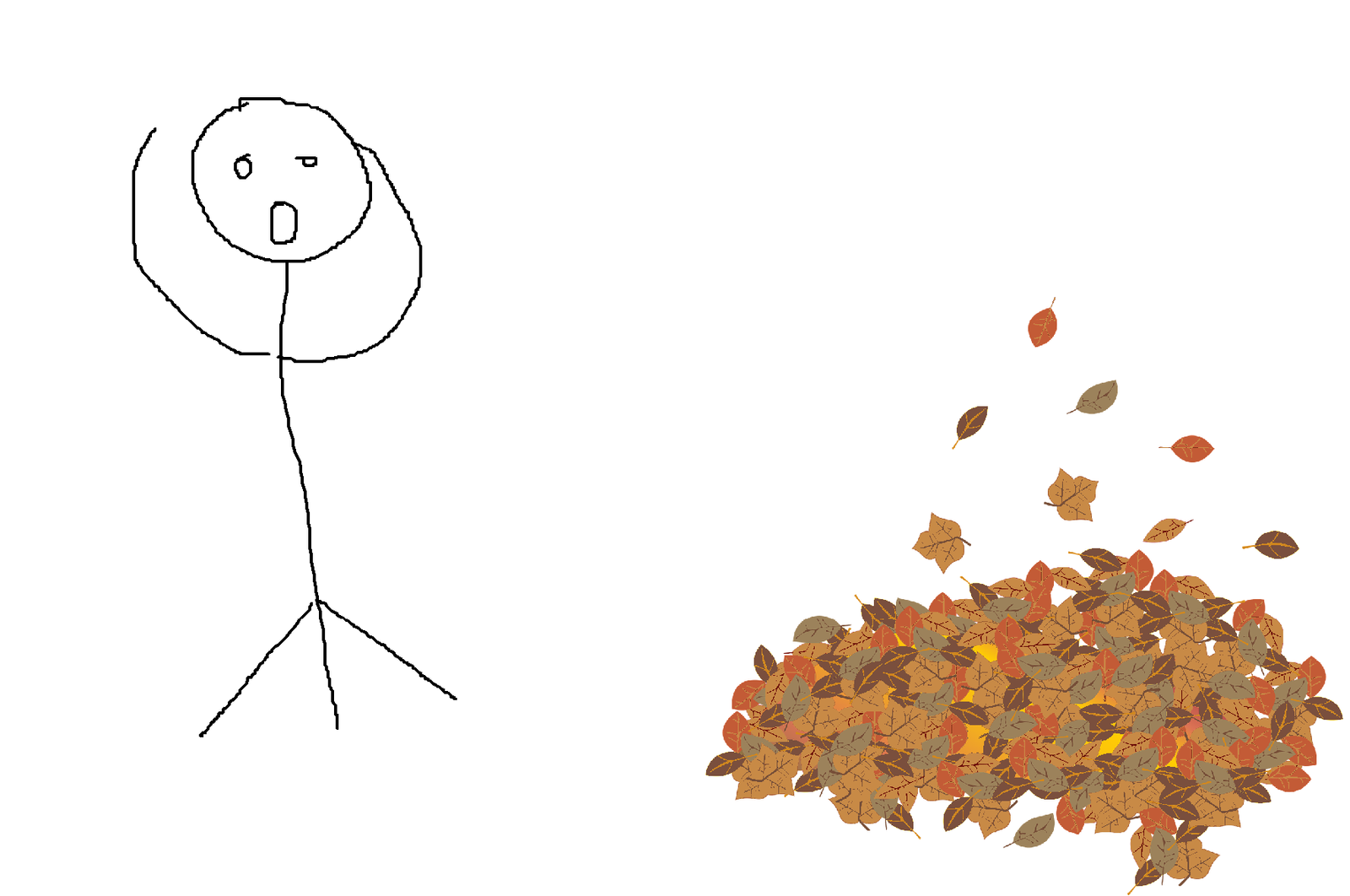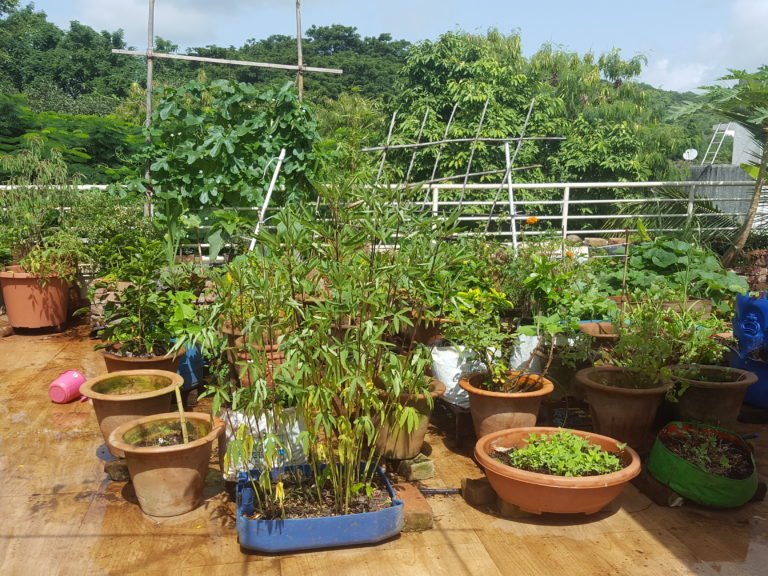Do you want to manage dry leaves within your premises? Use this template to create a plan for yourself.
Don't worry, it is not as difficult as it sounds.
Use these pointers below, check what is applicable to you and create the plan.
For composting method, use our comparison chart.
If you need any help, remember, you can always drop a mail or a msg on whatsapp. We are just a click away 🙂

DO YOU WANT TO MANAGE DRY LEAVES?
LET US HELP YOU MAKE A PLAN FOR THE SUCCESSFUL PROJECT
This is how we are going to do it.
First step is to assess the area. Select the area for mulching, select the area for composting. And if at all quantity is surplus, then donation is the 3rd option.
For mulching, refer to section “Mulching in detail” and create your own project guidelines.
For composting, follow the guidelines below.

Step1: Details about your area
Roughly how much is the area? In sq. ft?
(NOTE: If you do not know exactly, that is fine. Just a rough estimate is fine)
How many trees do you have?
Which type of trees?
(NOTE: eg: Mango, Jamun, Ashoka, Jackfruit, Peepal, Banyan, Nilgiri. If you do not know the name, it is fine. Click a photograph and share with us, if easily possible. Else, no problem. We can work with number of trees)
| Name of tree | Number | Remark (if any) |
| e.g.: Mango | 2 | |
Step 2: Let’s check how much help you have
Do you sweep the fallen leaves?
If not, then who does it?
(NOTE: gardener, house-keeping staff?)
How many times in a week, do they come?
Where is the water tap?
(NOTE: For composting, moisture is necessary. You would need to water the leaves. It would be helpful if tap is nearby)
Composting Method Caparison chart
This chart contains comparison between various composting methods. It will help you decide the suitable method for you.
The last column “looks” might look you strange. What aesthetics have to do with composting?
But do not underestimate it :-). In a society, many members are concerned with how shabby, pit and pile composting looks. They can lean towards enclosure composting, even if pit and pile are more cost effective.
I suggest give equal weightage to “looks”, while comparing the methods.
| Method | Cost | Ease of implementation | Operational convenience | Ease of Harvesting | Looks |
Pit Composting | Cost of digging the pit | Leaves are collected and are simple deposited in the pit. | Easy | Compost is ready in the lower most layer. So considerable efforts in harvesting. | Not very attractive |
| Pile Composting | 0 | Leaves are swept in the pile. | Easy | Pile needs to be shifted to access the ready compost in the lower most layer. Hence considerable efforts, though less than pit. | Not very attractive |
| Enclosure Composting | Cost of material to build the composter. Additional labor charges for fabricated composter | It needs some efforts as leaves need to be swept, picked and put in the composter. | Easy | Very easy since we have designed door/ opening towards the bottom, where compost would be ready first. | Looks quite neat and attractive |
A quick recap of pile, pit and enclosure composting?
Here are the links,



